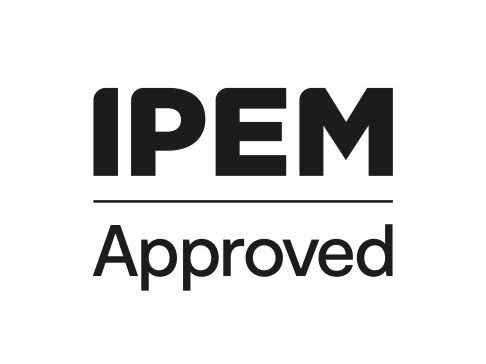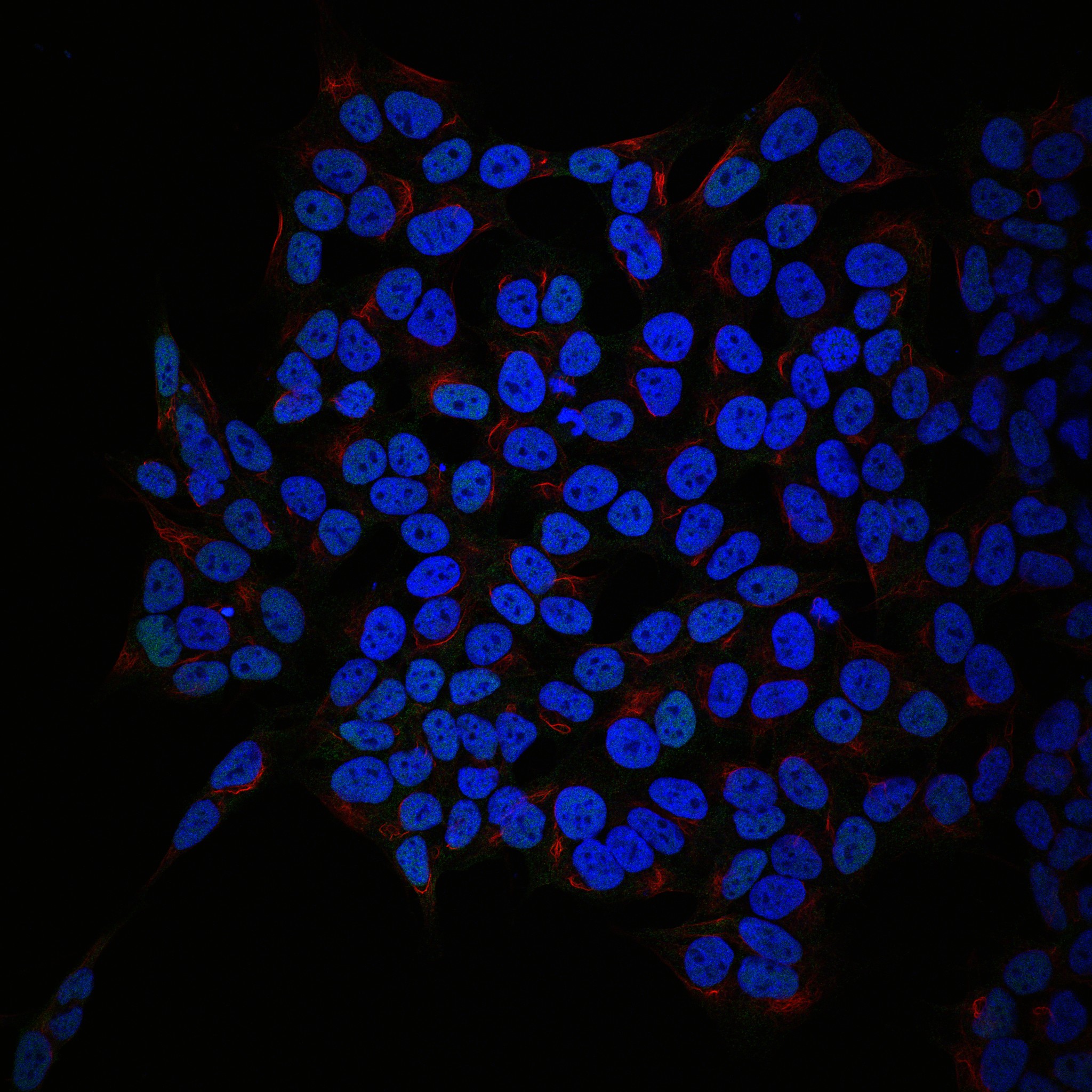Magnetic resonance imaging (MRI) and spectroscopy course
Course dates
Monday 12th October to Wednesday 14th October 2026.
Venue
The Institute of Cancer Research and The Royal Marsden NHS Foundation Trust, Downs Road, Sutton, Surrey, UK.
Overview
This course is organised by the Joint Department of Physics of The Royal Marsden NHS Foundation Trust and The Institute of Cancer Research, London.
The course has been running at the current venue since 1998. It gives an introduction to methods and applications of biomedical magnetic resonance imaging (MRI) and spectroscopy, assuming no prior knowledge of the principles of magnetic resonance.
The course is intended to be useful both for NHS physicists who deal with MRI in a clinical setting, and for scientists (such as postdocs and PhD students new to the field) performing research in the field of in vivo NMR. It includes the opportunity to virtually observe measurements demonstrated on one of the Siemens 1.5T MR systems, installed at The Royal Marsden NHS Foundation Trust. A provisional lecture list is available below.
The course assumes some familiarity with general principles of physics, but no specific knowledge of magnetic resonance.
Group tutorials are included to give students the opportunity to discuss the material in small groups, and to perform simple exercises to reinforce and extend the teaching of the formal lectures.
The course begins at 9.30am on Monday 12th October 2026, and finishes late afternoon on Wednesday 14th October 2026. One-and-a-half-hour group demonstrations may be included as part of the course on the Monday or Tuesday evenings.
This is a CPD course approved by IPEM.
Provisional lecture list
- Basis of NMR
- Relaxation parameters and spin echoes
- Magnetic field gradients, slice selection, frequency encoding
- Basic Imaging Sequences: Spin-echo, gradient echo
- 2-D FT Imaging, k-space
- Hardware: RF requirements and RF coils
- Safety Considerations
- MRI Hardware – Magnets and Gradients
- Image contrast, resolution and signal-to-noise
- MRI in Practice
- MRI in Radiotherapy Planning
- K-space trajectories
- Quantitative Imaging
- Acceleration of MR sequences
- AI in Radiology
- Diffusion MRI
- Introduction to in vivo MR Spectroscopy
- MR Spectroscopy Acquisition and Analysis
- MRI for Clinical Drug Development
- Flow and MR Angiography
- Functional Imaging Methods
- Clinical Examples of MRI
Most lectures will be 45 minutes in duration.
Provisional list of lecturers
- Professor G Barker – Kings College, London
- Dr M Blackledge – ICR and RMH, Sutton
- Dr G Charles-Edwards – Guy's and St Thomas Hospitals, London and ICR
- Dr K De Paepe – Cambridge
- Dr S Doran – ICR and RMH, Sutton
- Dr M Graves – Addenbrookes Hospital, Cambridge
- Dr S Keaveney - ICR and RMH, Sutton
- Dr E Kousi – ICR and RMH, Sutton
- Dr P Murphy – The Janssen Pharmaceutical Companies of Johnson & Johnson
- Dr M Orton - RMH and ICR, Sutton
- Dr GS Payne – ICR and RMH, Sutton
- Dr M Rata – ICR and RMH, Sutton
- Dr A Wetscheterk - RMH and ICR, Sutton
- Dr J Winfield – RMH and ICR, Sutton
Registration & Course fees
Downloadable Registration Form (PDF)
All current course registration fees are given on our registration form.
The cost includes lunches and light refreshments. Lecture notes and a certificate of attendance are provided.
You will be allocated a place on receipt of a completed registration form and a valid quoted payment reference/purchase order or completed bank transfer/online payment. We are unable to accept provisional bookings.
The number of participants is limited, so early booking is advised. Applications from outside the UK are welcome.
Closing date for registrations - Friday 25th September 2026.
Related documents
Contacts
Course Organiser: Dr Simon Doran
For registration details and any other queries contact:
Course Administrator: Mrs Melisa Porter

Related pages
Latest ICR News
.jpg?sfvrsn=205a5de0_2)
Targeted radiotherapy injection shrinks treatment-resistant prostate cancer tumours in early clinical trial
A new drug for prostate cancer, which delivers a precisely targeted dose of radiation to cancer cells, can keep cancer at bay, a phase I trial reports.

Researchers overcome major obstacle in targeted protein degradation
In a significant advancement, cancer researchers have found a long-sought way to overcome a critical design barrier in the generation of small-molecule chemical tools and drugs that work by targeted protein degradation.

His Majesty The King presents ICR scientists with third Queen Elizabeth Prize at St James’s Palace
Researchers from The Institute of Cancer Research, London, attended a prestigious ceremony at St James’s Palace today to mark the formal presentation of the Queen Elizabeth Prize for Higher and Further Education (previously known as the Queen’s Anniversary Prize).

New research reveals how subtle genetic differences shape neuroblastoma behaviour
Researchers have shown that subtle mutational differences in a gene called ATRX help explain why children with the same type of neuroblastoma respond differently to treatment. These findings could support precise therapy recommendations based on a stronger understanding of the disease’s underlying biology.